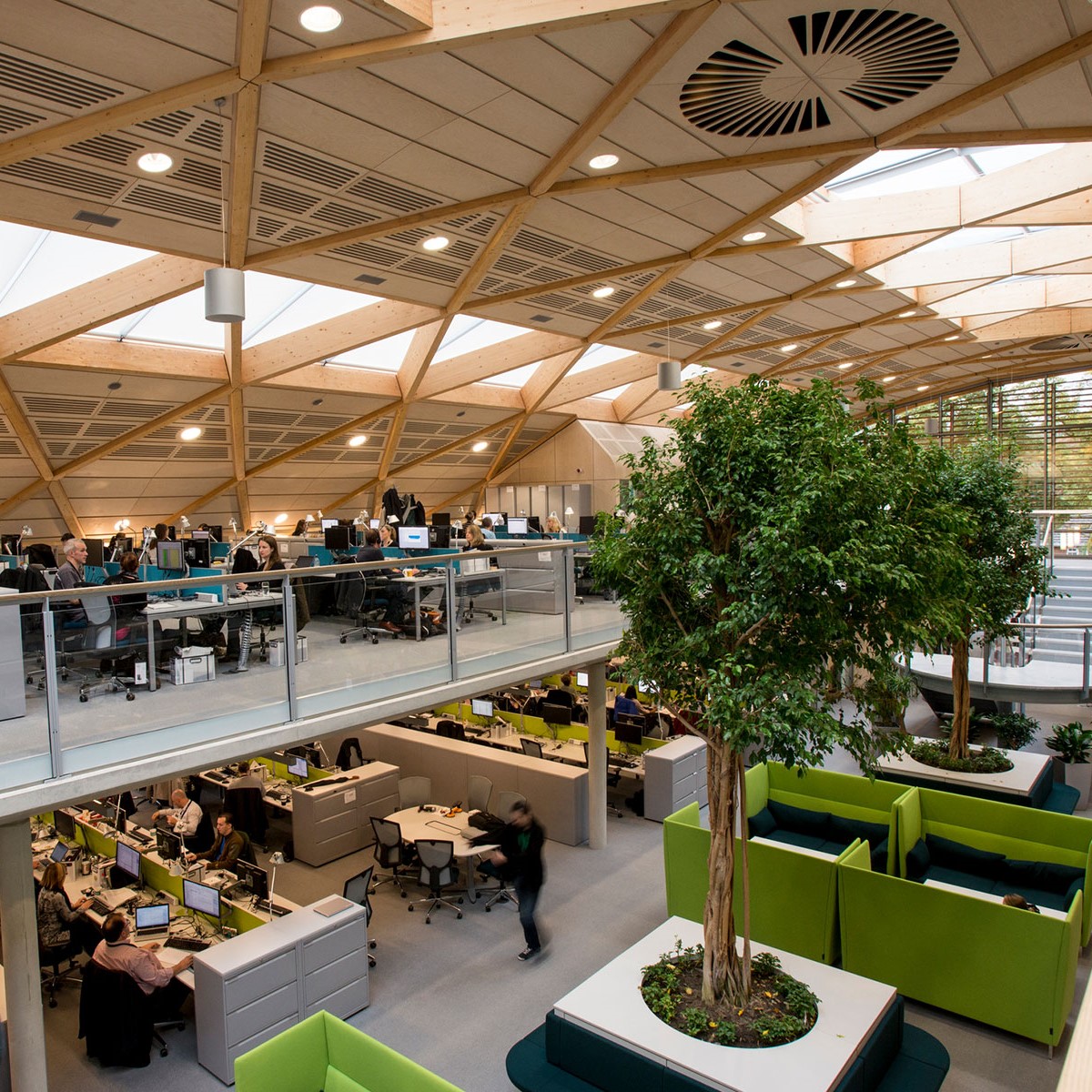March 7, 2024
UK businesses risk losing out on top female talent due to ability to support hybrid and flexible working
 Ahead of International Women’s Day, new data from Ricoh Europe claims that UK and Irish businesses risk losing out on top female talent due to an inability to support workplace flexibility, exacerbated by a lack of technology and fit-for-purpose people policy. The research, conducted by Opinium and analysed by CEBR on behalf of Ricoh Europe, polled 1,000 workers and 250 decision-makers across the UK and Ireland. Insights reveal a significant gender gap in the desire for flexibility and hybrid working arrangements. While both genders see benefits, 10 percent more women, over half (51 percent), agree that hybrid working improves their work-life balance, compared with only 39 percent of men. In addition, 40 percent of women actively seek employers offering hybrid models, a higher percentage than men. (more…)
Ahead of International Women’s Day, new data from Ricoh Europe claims that UK and Irish businesses risk losing out on top female talent due to an inability to support workplace flexibility, exacerbated by a lack of technology and fit-for-purpose people policy. The research, conducted by Opinium and analysed by CEBR on behalf of Ricoh Europe, polled 1,000 workers and 250 decision-makers across the UK and Ireland. Insights reveal a significant gender gap in the desire for flexibility and hybrid working arrangements. While both genders see benefits, 10 percent more women, over half (51 percent), agree that hybrid working improves their work-life balance, compared with only 39 percent of men. In addition, 40 percent of women actively seek employers offering hybrid models, a higher percentage than men. (more…)













 We know, and have for a long time, that the workplace is in a state of near constant flux. The meteor strike of lockdown was an accelerant, not a deviation. It also laid bare -yet again – the faulty assumption that there is some sort of general evolution towards an idealised version of the office or conversely the universal adoption of remote or hybrid working, whatever it is. That is why we see so many people routinely willing to suspend their critical facilities to make extravagant and even absurd predictions about the office of the future or even the death of the office.
We know, and have for a long time, that the workplace is in a state of near constant flux. The meteor strike of lockdown was an accelerant, not a deviation. It also laid bare -yet again – the faulty assumption that there is some sort of general evolution towards an idealised version of the office or conversely the universal adoption of remote or hybrid working, whatever it is. That is why we see so many people routinely willing to suspend their critical facilities to make extravagant and even absurd predictions about the office of the future or even the death of the office.








 Nothing beats in-person meetings, but tech is vital for hybrid working trust and equality. That is the main conclusion of a new report from
Nothing beats in-person meetings, but tech is vital for hybrid working trust and equality. That is the main conclusion of a new report from 









February 28, 2024
The hybrid working office: ushering in a new era for the workspace
by Jeni Taylor • Comment, Flexible working, Workplace design